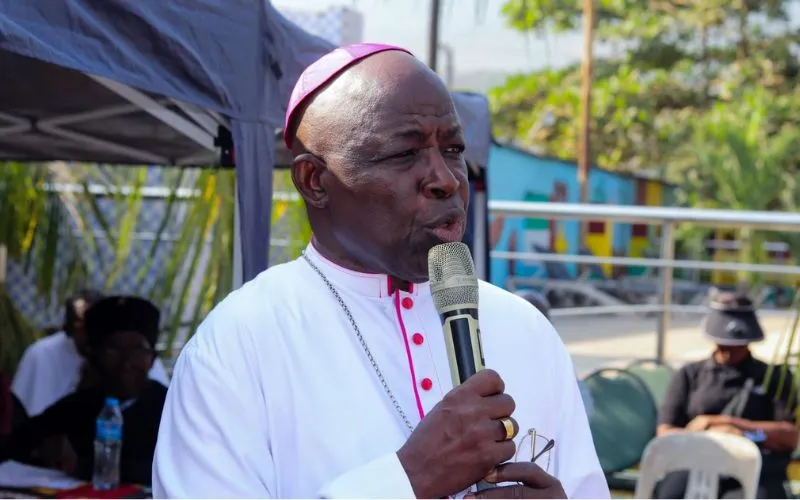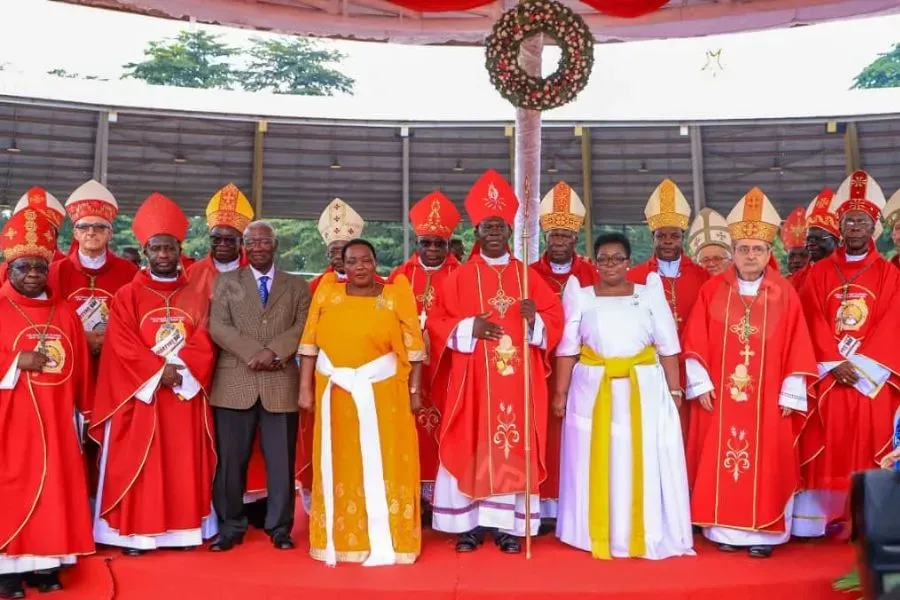Also in attendance was an official of Marie Stopes, a pro-abortion international organization, who urged the lawmakers to work towards passing the Bill.
Proponents claim that the Bill will, among other opportunities, “provide for safe motherhood and reproductive health care throughout Sierra Leone”, and that it will also “set the standards of sexual and reproductive health care” in the West African nation.
The owners of the Bill also say that the Bill will “provide for the right to make decisions regarding safe motherhood and reproductive health and to provide for other related matters.”
Sierra Leone’s Catholic Bishops have appealed to lawmakers in the country to approach the abortion Bill with prudence and “a proper use” of their consciences.
In their statement dated 18 December 2024, Catholic Bishops in Sierra Leone warned that the Bill's promotion of unrestricted reproductive choices could lead to a normalization of abortion.
(Story continues below)
“By suggesting that women have complete freedom over their reproductive health, the bill may inadvertently increase the rate of abortions. The reliance on contraceptives often creates a false sense of security, leading to riskier sexual behaviour and a greater likelihood of unplanned pregnancies,” they said.
Appealing for a re-evaluation of the Bill, the Catholic Church leaders said, “Instead of advancing this legislation, the Church advocates for comprehensive strategies that prioritize human dignity, healthcare access, and education.”
“A rights-based approach that genuinely addresses the needs of Sierra Leonean women is essential for fostering safe motherhood and reproductive health,” they said.
On the list of the government’s proposed changes to the contested Bill, is the permission for what the Sierra Leonean government is now describing as “safe termination” only in “exceptional cases.”
Before the proposed Bill, the government of Sierra Leone allowed for abortion up to 14 weeks of pregnancy “at the choice of the woman”, when the pregnancy endangered the life of the woman, to prevent injury to the physical or mental health, or social wellbeing of the woman, among other "exceptional cases”.
The government’s proposed changes to Bill following public outcry include allowing for “safe termination” when the pregnancy endangers the woman’s life, in cases of foetal malformations “incompatible with life”, as well as in cases of rape and incest.
Agnes Aineah is a Kenyan journalist with a background in digital and newspaper reporting. She holds a Master of Arts in Digital Journalism from the Aga Khan University, Graduate School of Media and Communications and a Bachelor's Degree in Linguistics, Media and Communications from Kenya's Moi University. Agnes currently serves as a journalist for ACI Africa.








